Hands-on Workshop to Evaluate the Sustainability and Carbon Footprint of Biomaterials.
Overview
Delivery method: In-person
Duration: 3 days, 09:00 am – 4:00 pm
Dates: May 14-16, 2024.
Description
This hands-on analytical introductory workshop is appropriate for technical and non-technical individuals with a desire for training in sustainability and life cycle analysis (LCA) to assess and compare the environmental impact of alternative products. The course will provide the basic background and theory of environmental life cycle analysis and sustainability through lectures. Moreover, instructors will teach and train participants in an open-sourced software to conduct environmental analysis.
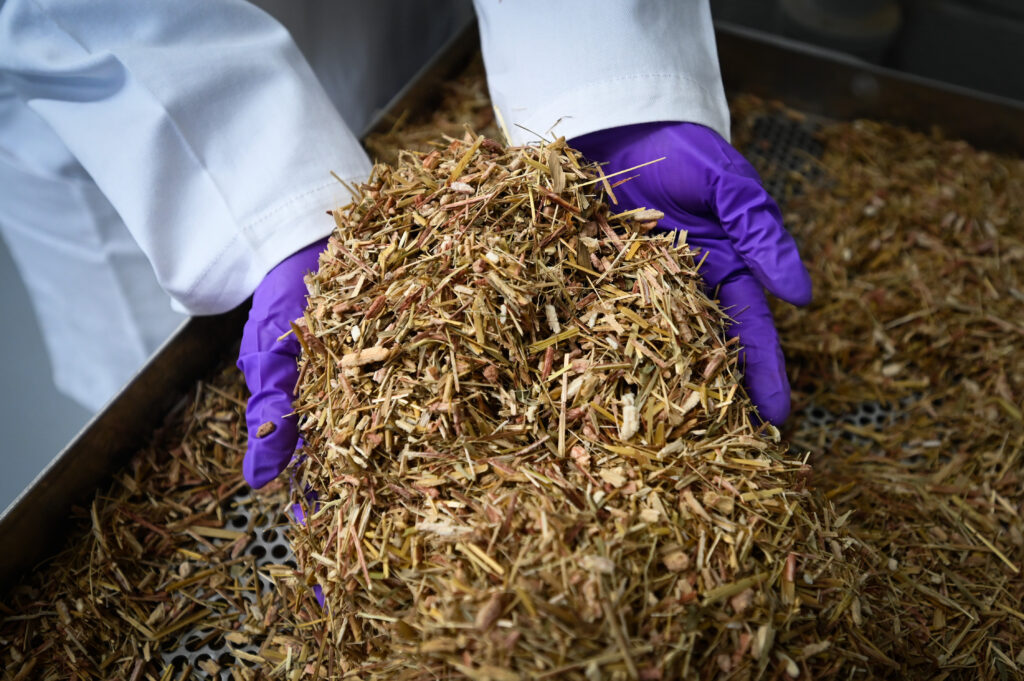
What You Will Achieve
Unleash your potential to drive sustainability and make informed decisions with our hands-on analytical introductory workshop that focuses on the sustainability and carbon footprint of plant-based fibers. Whether you are a technical expert or just starting out, this training is designed to equip you with the skills to assess and compare the environmental impact of products using life cycle analysis. Through engaging lectures and practical exercises, you will gain a strong foundation in the theory and concepts of environmental life cycle analysis and sustainability. Plus, you will learn how to use LCA software to conduct your own analysis and compare the results of different products. Join us and become a pro at using the openLCA software package to create comprehensive life cycle assessments. Register now and take the first step towards a more sustainable future.
Focus
Plant-based fibers used for hygiene tissue, packaging, textiles, and nonwoven applications.
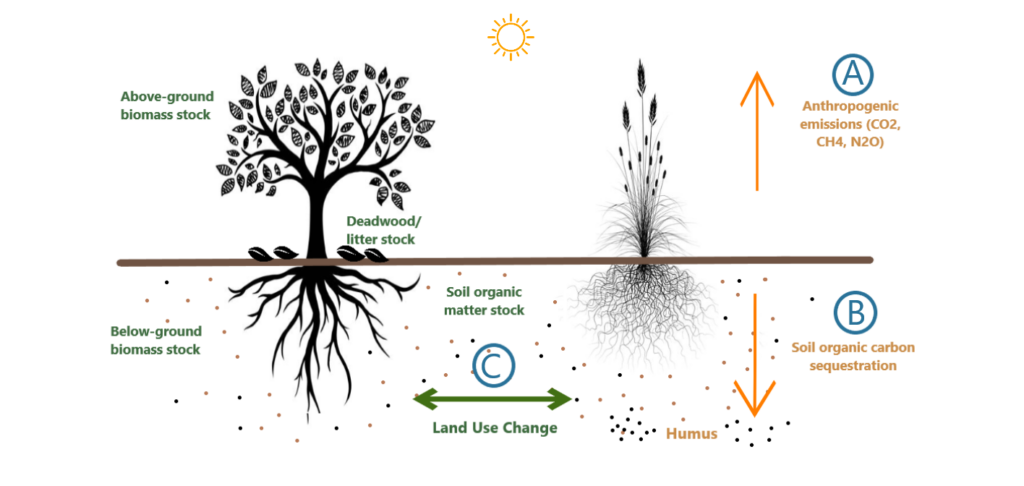
Special Benefits for Course Participants
Discover the exciting world of plant-based fibers and their impact on the environment with our one-of-a-kind workshop. Immerse yourself in the fundamental principles of environmental life cycle analysis (LCA) and gain a comprehensive understanding of the subject. Through a hands-on approach, you will learn to use accepted methodologies and commercial software tools to complete a full-fledged environmental LCA. This interactive experience will give you a firsthand look at the power of LCA and its ability to inform sustainable decisions. Don’t miss out on this opportunity to deepen your knowledge of plant-based fibers and LCA. Register now and join us on a journey to a greener future.
- Get an overview of the Life Cycle Analysis (LCA).
- Learn about LCA stages of products or services.
- Perform flow sheeting and develop a life cycle inventory as the basis for an LCA.
- Be able to conduct a life cycle assessment with commercial LCA software.
- Take away the commercial LCA software loaded on your own computer.
Who Should Attend
This introductory-level workshop is appropriate for technical and non-technical individuals who desire a course to understand and appreciate the fundamental principles of environmental life cycle analysis. This course is for anyone that wants to be able to conduct an LCA.
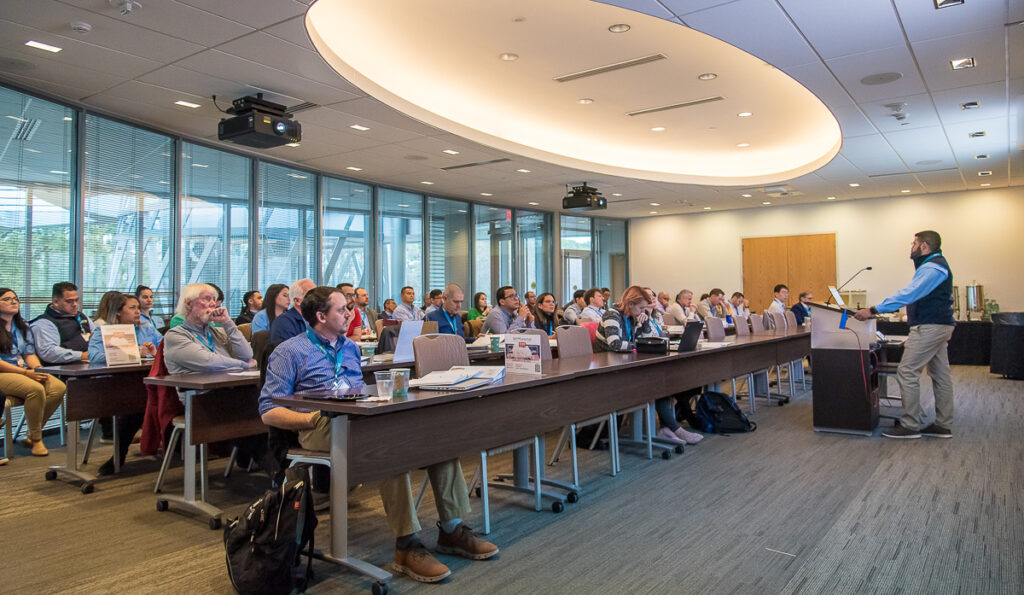
The workshop is especially beneficial for:
- Any engineers, manufacturing managers, or scientists interested in understanding how LCAs are conducted
- Marketing, sales, and service personnel who deal with questions of “green” products
- Environmental engineers and scientists
- Sustainability managers and product development managers
- Government agency, academia, non-profit agency employees
The workshop will help you answer questions like the following:
- What is the carbon footprint and energy efficiency of a product being developed for commercial scale?
- How can I make a decision as to whether a feedstock/synthesis pathway/processing method/product is environmentally preferable?
- How do I communicate the environmental impact of a new product or process to others?
- How does substituting a petroleum-based feedstock for a plant-based renewable feedstock impact the overall environmental friendliness of a product?
- How does the choice of a processing variable, such as solvent choice or energy source, impact the overall environmental impacts of a product?
Workshop Materials
Participants will receive the openLCA software and LCA data loaded and runnable on their computer. Participants will also receive a set of course notes and access to the lecture files via the internet to supplement the presentations made during the course.
Agenda
| Topics |
|---|
| Sustainability basics |
| Environmental life cycle analysis basics and vocabulary |
| Life cycle inventory and obtaining the data |
| Life cycle impact assessment methods |
| Life cycle interpretation: displaying results, hot spot analysis, sensitivity analysis |
| Life cycle interpretation: normalization, weighting and single score |
| Global warming potential and carbon footprinting |
| International regulation IPCC and ISO standards |
| LCA software – openLCA training – small LCA project for in-class discussion |
| Allocation methods |
| Carbon footprint for biomass |
| Carbon footprint conversion process |
| Attributional and consequential LCA |
| Fiber’s carbon footprint |
| Communicating results |
| LCA and legislation |
| Methods for quantifying sustainability |
Workshop Instructors
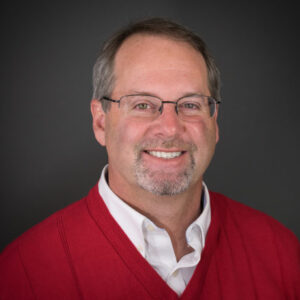
Dr. Richard Venditti’s research focus has been on developing new renewable biomaterials and analyzing the products using technical, economic and environmental life cycle analysis. Dr. Venditti has taught Environmental Life Cycle Analysis (PSE 476/WPS 576) at NC State University every Fall since 2012. The course describes the fundamental concepts of LCA as well as teaches students methods to perform quantitative life cycle analysis. He leads an Environmental LCA research laboratory group, investigating the environmental impacts of advanced materials, chemicals, products and fuels. He has been active in consulting to develop product carbon footprints and in third-party reviewing of LCA studies. He has also acted as an expert witness in environmental focused litigation.
Dr. Venditti graduated from Princeton University in Chemical Engineering in 1993. He currently teaches Environmental LCA, Process Control, Computer Modelling Skills, and a distance paper recycling course. He is a member of the American Center for Life Cycle Assessment, the American Institute for Chemical Engineers, the American Chemical Society, and the Technical Association of Pulp and Paper (TAPPI). Dr. Venditti was awarded a Fulbright Specialist Award in the area of Environmental Sciences.

Dr. Hasan Jameel earned his Ph.D. degree in Chemical Engineering from Princeton University in 1980. In 1979 he joined International Paper, where he stayed until becoming a Professor at NC State in 1987. Currently, he is the Jordan family Distinguished Professor for Natural Resources Innovation. He is also a member of the Board of Directors for Packaging Corporation of America. His professional specialties include pulping and bleaching, process optimization and simulation, and bio-energy and gasification. Recently he has been involved in developing technologies for the conversion of biomass to transportation fuels using both the thermochemical and biochemical pathways. At NC State University he teaches Pulp & Paper Unit Processes, Pulping Process Analysis and Biomass to Renewable Energy Processes.
Dr. Jameel has received numerous honors and awards for his research, including the Johan C.F.C. Richter Prize for outstanding contributions to the industry from the TAPPI Pulp Manufacture Division. Other honors include the David Wetherhorn Award (1994). Jameel is also a Fellow of TAPPI and the International Academy of Wood Science and a member of AIChE. He holds five patents, has authored two books, and has published more than 200 peer-reviewed papers.
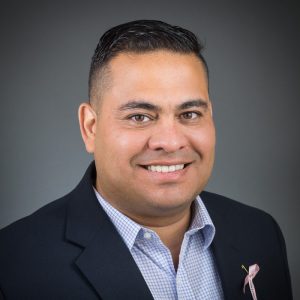
Dr. Ronalds Gonzalez is an Associate Professor of Conversion Economics & Sustainability at NC State University. His work focuses on developing tools and knowledge to create value in both the bio- and circular economy. He has been recognized by the Brazilian Association of Pulp & Paper Technologists and granted the NC State University Faculty Scholar distinction as well as the Chancellor Innovation Award for his innovative contributions to the industry and academia. He has authored over 100 publications found in high-impact factor scientific journals and recognized trade magazines. He mentors an on-campus research group, identifying talent and inspiring innovative and high-impact projects.
Dr. Gonzalez’s research group (go.ncsu.edu/ConEcSus) works closely with companies and federal agencies to fast-track the industrial implementation of emerging and disruptive sustainable technologies and materials. Recently, he established the university-industry research consortium “SAFI” (Sustainable and Alternative Fibers Initiative), supported by more than 20 companies (go.ncsu.edu/SAFI), to promote responsible sourcing, development, and use of sustainable fibers to fight climate change. His research portfolio exceeds 8 million dollars.
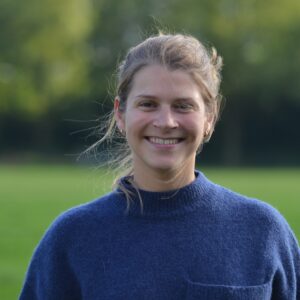
Dr. Sophie Van Schoubroeck holds a doctoral degree in Applied Economic Sciences (2020) and master degrees in both Applied Economics (2015) and Environmental Sciences (2016). Her doctorate was funded by the Flemish Institute for Technological Research (VITO), in collaboration with the University of Antwerp and Hasselt University, to develop a techno-sustainability assessment tool for emerging technologies. She now works as a postdoctoral researcher in the Environmental-Economics research group at the University of Antwerp (Belgium). As a researcher, her ambitions are to improve and apply environmental-socio-economic methods to evaluate the sustainability and acceptance of environmental policies and emerging technologies within the bioeconomy.
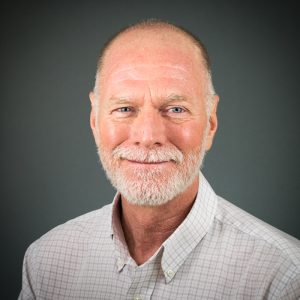
Dr. Steve Kelley is the Reuben B. Robertson Professor at North Carolina State University and interim Department Head. His research interests include the sustainable production of energy and materials from biomass, and the application of novel analytical tools to biomass. Prior to joining NC State University, he spent 13 years at the DOE’s National Renewable Energy Laboratory (NREL) working on biomass conversion technologies. At NREL his responsibilities included technical leadership and innovation in the areas of biomass characterization, production of value-added biobased products and thermal conversion processes, and project management. He left NREL as a Principal Scientist. Prior to joining NREL, he worked in industry (Eastman Chemical Co. and Bend Research, Inc.) for 7 years developing new cellulose-based materials and membrane processes.